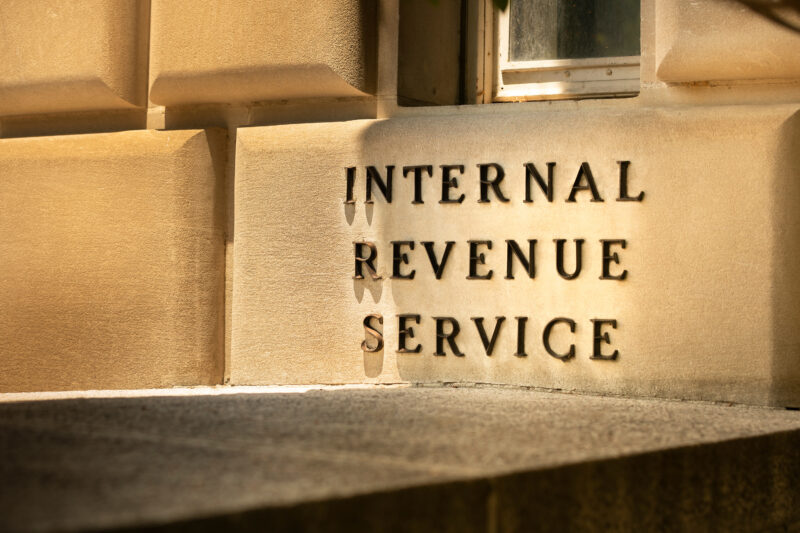This week, the IRS sent a reminder to dealers to allow for multiple users of the IRS Energy Credits Online portal.
The agency suggests that dealerships allow for more than one user to prevent losing access to the portal if the designated person leaves. The first user will register as the dealership’s clean energy officer and can authorize additional users and assign permissions within the portal.
Under the current law, used clean vehicle credits are available on EVs, plug-in hybrids and fuel cell electric vehicles. For pre-owned qualifying vehicles, the credit may be 30 percent of the sale price up to $4,000. The vehicle must be $25,000, older than two model years, weigh less than 14,000 pounds and have a 7-kilowatt battery.
The purchaser must also meet several requirements, including certain income thresholds ($150,000 or less for joint filers, $112,500 or less for head of household, and $75,000 or less for other filers).
Starting Jan. 1, 2024, eligible consumers could transfer the expected credit to a dealer for a down payment on the vehicle. The credit is only available when purchasing from a licensed dealer.
The release from the IRS adds that in the situation where a dealer submits a vehicle return, the invoice requesting repayment of the credit is sent to the email of record for the entity in the ECO portal, which is the clean energy officer’s email address.
Dealers are encouraged to educate themselves on the different options within the portal concerning vehicles that were returned to hasten the process and make sure the credit is available in a timely manner on an eligible vehicle.
“The void option should be used when the vehicle was not placed in service and you are still within the 48 hours of the original submission,” the IRS notes. “The cancel option should be used when a time of sale report should not have been issued (i.e. a lease scenario or, the vehicle was not placed in service), and you are outside of the 48-hour void period. The return option should be used when the buyer took possession of the vehicle.”
IRS Public Affairs Specialist Daniel Webber did not the Clean Vehicle Team, which processes transactions, has been impacted by layoffs and separations.










